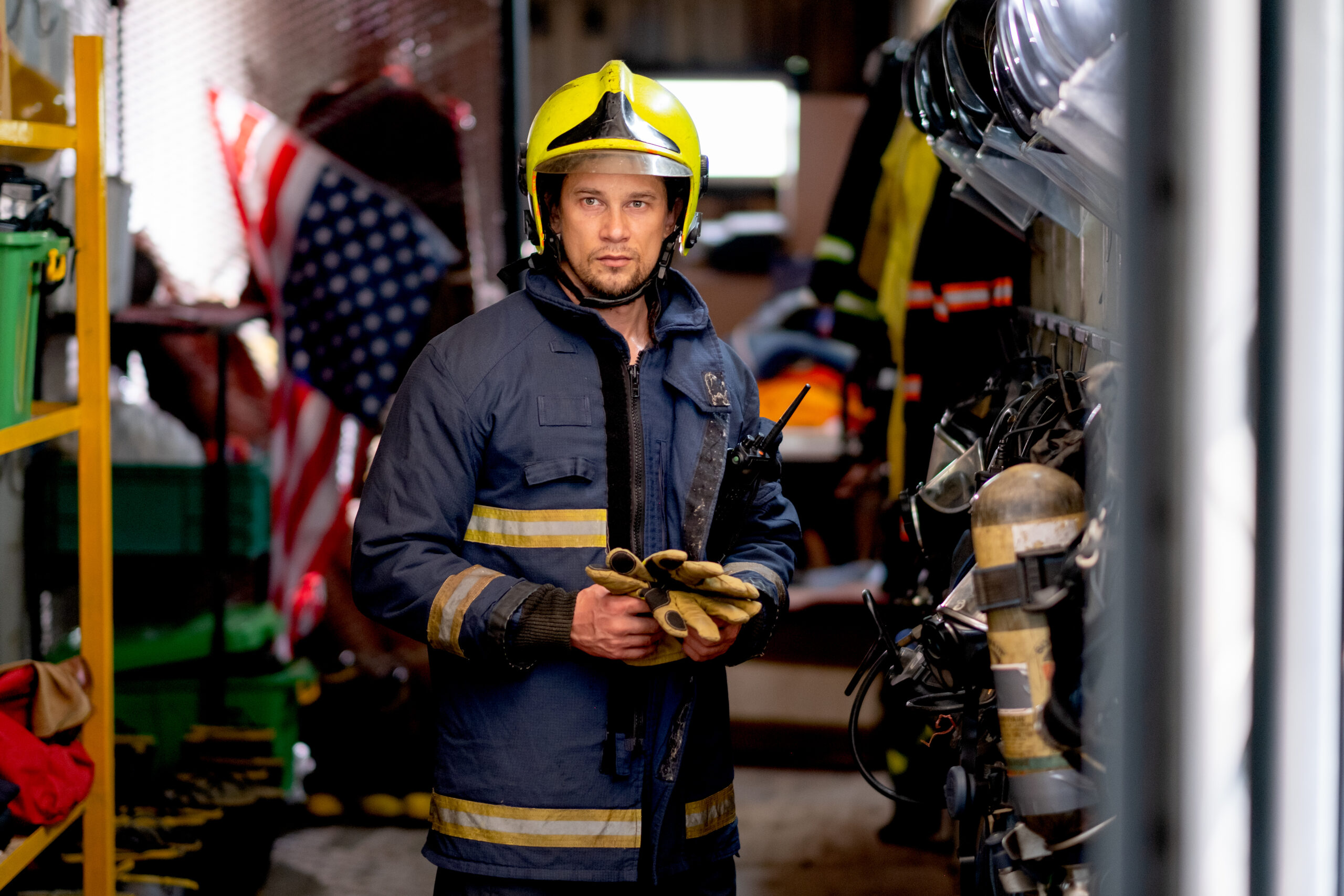First responders—firefighters, police officers, paramedics, and other emergency personnel—are on the front lines of crisis and tragedy daily. While their bravery and dedication are undeniable, the mental toll these experiences take is often less visible but equally significant. This blog post aims to shed light on the mental health challenges faced by first responders and the importance of providing them with the support and resources they need.
The High Cost of Heroism
First responders are trained to handle emergencies, but the human cost of this readiness can be profound. Regular exposure to traumatic events, such as life-threatening situations, severe injuries, and death, can lead to various mental health issues, including Post-Traumatic Stress Disorder (PTSD), depression, anxiety, and substance use disorders.
PTSD Among First Responders
PTSD is one of the most common mental health conditions that first responders face. The nature of their work, which often involves repeated exposure to traumatic events, puts them at a higher risk for developing PTSD compared to the general population. Symptoms of PTSD can include flashbacks, nightmares, severe anxiety, and uncontrollable thoughts about the events they’ve witnessed.
The Stigma of Seeking Help
Despite the prevalence of mental health issues among first responders, there is a significant stigma associated with seeking help. Many fear that admitting they are struggling will be seen as a sign of weakness, potentially jeopardizing their careers. This stigma can prevent first responders from accessing the mental health support they desperately need.
The Need for Specialized Support
The unique experiences of first responders require specialized mental health support services tailored to their specific needs. Traditional therapy methods may not always be effective, as first responders often require therapists who understand the nuances of their work and the types of trauma they experience. Peer support programs, where first responders can share their experiences with others who understand their situation, have also been shown to be beneficial.
Building Resilience
Supporting the mental health of first responders also involves building resilience. Training programs that focus on resilience can help first responders develop coping strategies to manage stress and reduce the risk of mental health issues. These programs can teach first responders how to recognize the signs of mental health struggles in themselves and their colleagues, encouraging a culture of support and openness.
First responders perform an invaluable service to society, often at a significant personal cost. Acknowledging and addressing the mental health challenges they face is crucial. By breaking down the stigma associated with seeking help, providing access to specialized support services, and focusing on building resilience, we can better support the mental health of those who put themselves on the line for us every day.
It’s time for society to recognize the mental health toll on first responders and ensure they receive the same level of care and support they provide to others. Supporting our first responders’ mental health is not just an act of gratitude—it’s a necessity.

